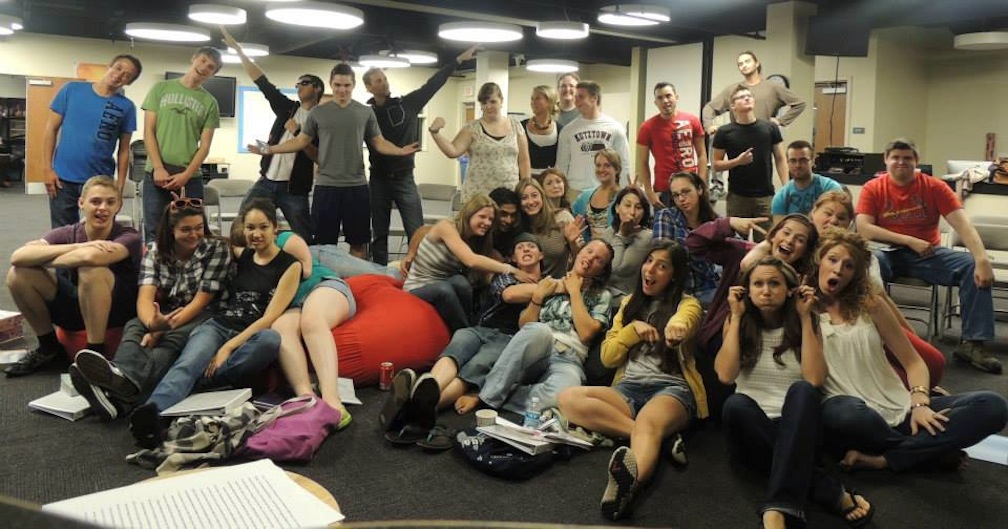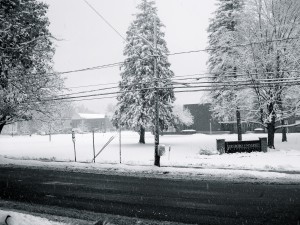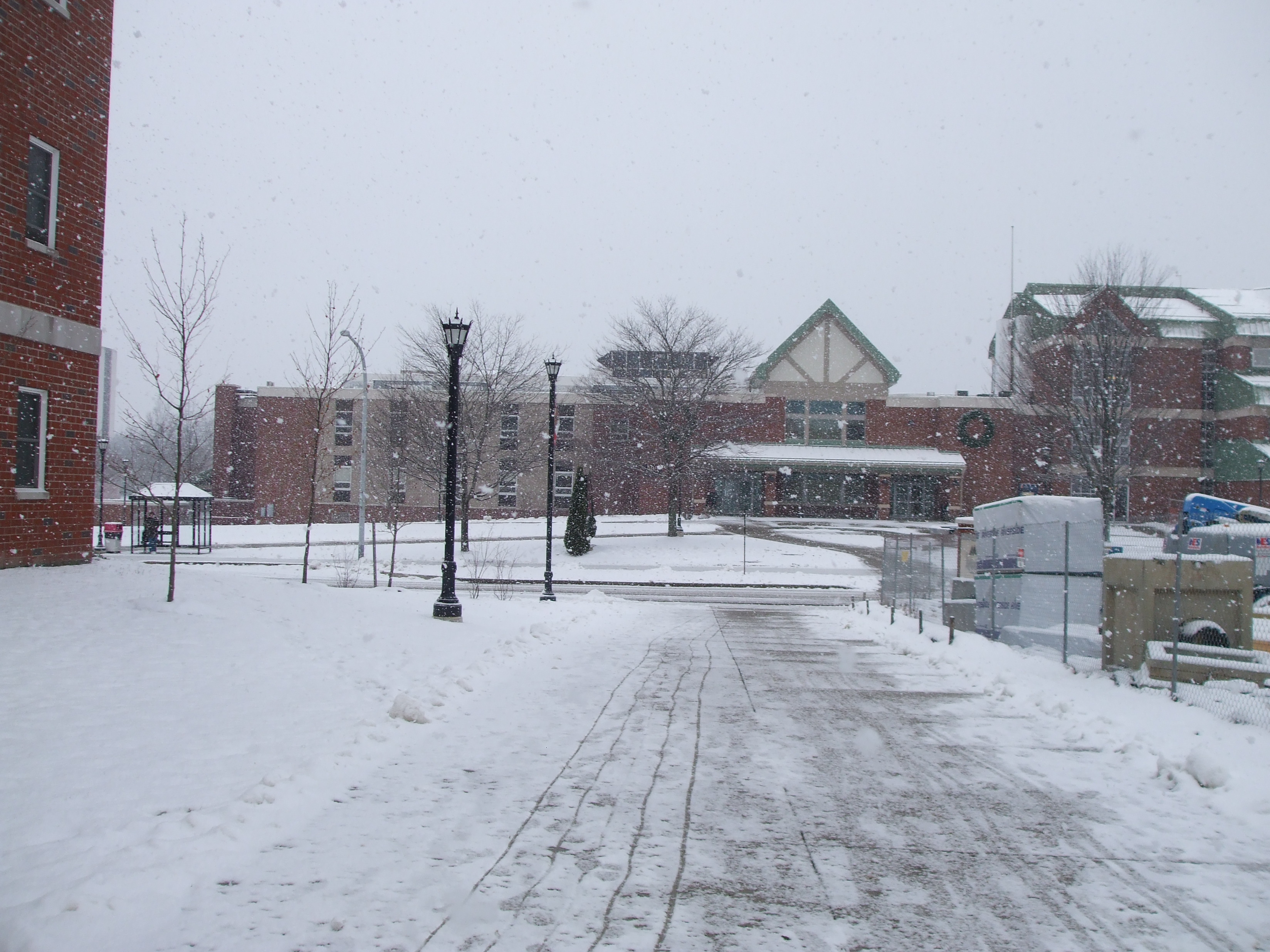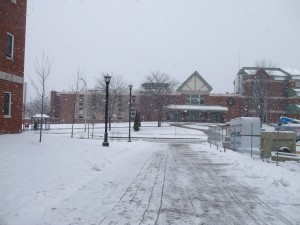As I was trying to come up with a topic for this week, I kept drawing a blank… and then it hit me.
The awesome way God always provides the right friends the exact moment that we need them!
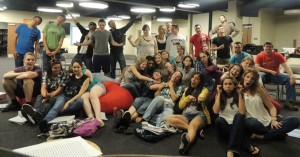 Thursday nights are always my favorite nights of the week. Why? That’s the night of my young adult Bible study at Calvary Baptist and the night that I get to hang out with some of my closest friends (a.k.a. brothers and sisters in Christ)!!
Thursday nights are always my favorite nights of the week. Why? That’s the night of my young adult Bible study at Calvary Baptist and the night that I get to hang out with some of my closest friends (a.k.a. brothers and sisters in Christ)!!
It’s been almost a year since I came into this group of amazing people and it still blows me away how God brings certain people into our lives right when we need them.
I’m a graduate of Edinboro University, Class 2012, and when I came home that summer, I felt as if I didn’t quite belong. Back in college, I had a huge church base with numerous fellow believers who were my age and it was such an encouragement to come back from a stressful day/week knowing that I had a fun night planned with them or that they would always be there if I needed someone to talk to.
I didn’t have that here at home. Most of my friends from youth group had gone away to college and either stayed out there or moved to another part of the U.S. While I love traveling and all, I’m definitely a “stick-around-home” kind of person… as in I really don’t want to move too far away from my immediate family… at least not on my own.
But I had heard of a young adult Bible study at one of the local churches that one of my friends had been attending. I went with her one week and enjoyed the inductive study and how everyone was willing to welcome me into their group.
It wasn’t until the next week that the group starting to truly make an impact on my life. When I walked into the room, the leaders remembered me by name and were asking about how my week had been (bringing up topics that I had talked about with them the week before) and the young adults I had met the first time greeted me by name and had a genuine love and care in their attitude toward me that I never felt like the outsider or the newbie.
After that week, the friendships just kept growing deeper and deeper the more time we spent in God’s Word and the more we hung out outside of the Bible study. This is a group of people who aren’t afraid to be real with each other and who, once they get to know everyone, let their guard down and act completely natural…
Why?
… because of God’s relational love.
I know that’s probably not an official term, but think about it, God’s love causes us to genuinely love others in His name. There’s no faking.
That’s exactly what John is saying in 1 John 4:19:
“We love because He first loved us”
This is what sets Christians apart from the rest of the world. We’re not loving others just because it’ll give us bonus points with our God or because it benefits us. We love because it’s in the “new us.”
“Therefore, if anyone is in Christ, the new creation has come: the old has gone, the new is here!”
2 Corinthians 5:17
Once we become children of God and accept his free gift of salvation (meaning there is absolutely no way that we can earn it.. it’s completely free!), we take on the image of God. Our old sinful self gets pushed out of the way so that Christ can shine and love others through us.
God created us to be relational beings for a reason. He desires us to get to know Him and, in His perfect timing, provides us with the community of believers we need to support and challenge us.
One of my favorite sections in the gospels is Jesus’ prayer for all believers in John 17:20-23
“My prayer is not for them alone. I pray also for those who will believe in me through their message, that all of them may be one, Father, just as You are in Me and I am in You. May they also be in us so that the world may believe that You sent Me. I have given them the glory that You gave Me, that they may be one as we are one – I in them and You in Me – so that they may be brought to complete unity.”
Isn’t that awesome? The God of the universe so desperately wanted us to get to know Him that He sent His only Son to come down to earth in human form in order to become that perfect sacrifice for our sins. He understand our need for relationships and community… because He created us that way!
So, in closing, all I’m gonna say is I’m so thankful for my Awaken family and am just blown away by how God brought me into this close Christian community when I was needing it the most.
Praise Him!
